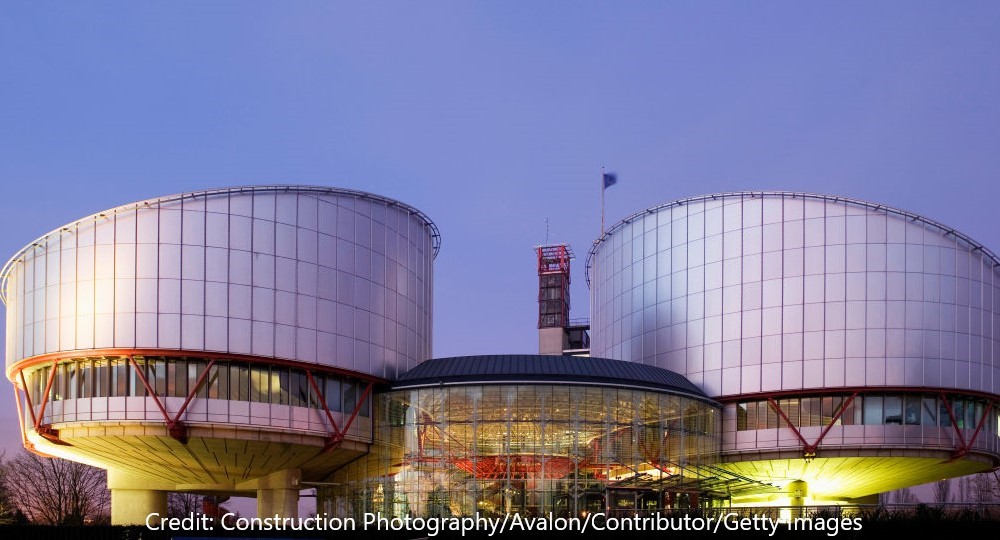Notice on the decisions of the European Court of Human Rights published in October 2023 against the Republic of Serbia

European Courtfor human rights (hereinafter: the Court)is in the period from 1 to 31OctoberIn 2023, he published nine decisions against the Republic of Serbia.
All nine decisions were made by a three-member Board.
In seven cases, the court accepted friendly settlements, and in two cases it deleted the petitions from the list of cases, because it determined that the applicants do not intend to participate in the proceedings further.
The cases in which friendly settlements were concluded represent well-established practice of the Court (so-calledWECL - well-established case-law), those settlements were concluded in order to reduce the total costs before the Court and consequently less payments from budget funds.
Four of the seven cases in which friendly settlements were concluded, refer to non-execution of domestic decisions made against social/state enterprises. It's about objectsBučić and others.(number 56611/22),Dmitrov et al.(number 21580/22),Petrov and others.(number 13701/22) andVučenović(number 22590/22). All the mentioned cases follow the practice of the Court from the judgmentLilić et al. against Serbia(No. 16857/19 and 43001/19, dated January 14, 2021) according to which the duration of bankruptcy proceedings against social or state enterprises over one year is excessive.
Two of the seven cases in which friendly settlements were concluded (Nenadovic,Number44087/20 andGogić et al. number 20246/20) refer to the trial within a reasonable time in executive and civil proceedings that lasted from 5 and a half to 9 years in two stages.
SubjectAkarias etc. against Serbia (number 6108/17),in which a friendly settlement was also concluded, concerns of the inadequate explanation of the decision on the extension of detention, as well as the legal impossibility to hear the defendants when deciding on the extension of detention (taking general measures regarding this issue is monitored by the Committee of Ministers of the Council of Europe as part of the supervision of the execution of the judgment in the caseKovač against Serbia, number 6673/12). The detention lasted in total 3 years and 9 months, counting: (1) from July 18, 2013, when the applicants were deprived of their liberty, until the first conviction on October 18, 2016 (3 years and 3 months); and (2) of on September 20, 2017, when they were remanded in custody until March 15, 2018, when the second first-instance verdict was handed down (almost 6 months). The settlement was concluded in accordance with the practice of the Court established in the casesStevan Petrović against Serbia (No. 6097/16 and 28999/19, dated April 20, 2021),Lakatos et al. against Serbia, (number 3363/08, dated 7. January 2014),Vrenčev against Serbia, (number 2361/05, dated September 23, 2008) andStanimirović v. Serbia (number 26088/06, dated October 18, 2011).
In subjectsStjepanović(number 48511/15) andKostić(number 80294/17), the court decided to withdraw the petitions in question withownsubject lists, because the applicants did not respond to the written Observations of the Republic of Serbia within the set deadline, nor within the subsequently set deadline. The court therefore concluded that the applicants have no intention of further participating in the proceedings, and that it is no longer justified to consider their petitions. SubjectStjepanović referred to the applicant's claims that the authorities refused to allow her to change her name and surname, while the caseKostić referred to the claim of the applicant that the authorities refused to recognize his right to continue paying the rent for the grave site where his uncle and aunt were buried, as a result of which their remains will be exhumed and placed in a collective grave. SubjectKostić was communicated to the Republic of Serbiaas a case of importance(impact case).

